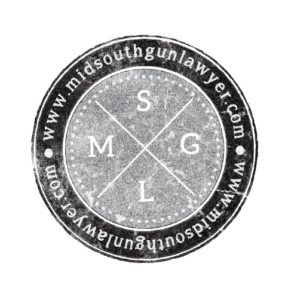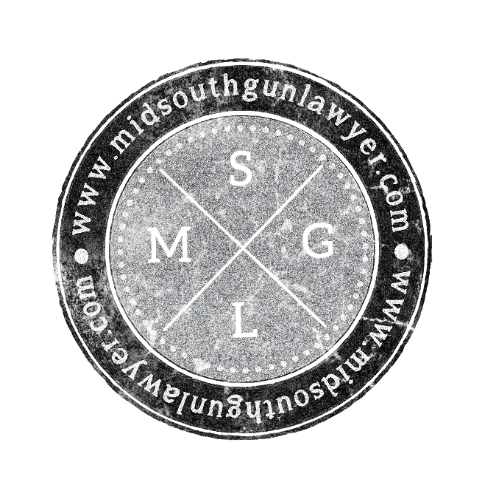Mississippi law does not limit the length of a knife blade, nor address “assisted opening” devices. Rather, the only type of edged weapons which are expressly prohibited from being carrying concealed are dirks,[47] bowie knives, butcher knives and switchblades.[48] This prohibition is also set out again in a separate section pertaining to convicted felons.[49] Note that there are special provisions for educational property, as discussed in the section entitled “Educational Property.” In no statute is the carrying of a traditional pocket knife, i.e. not a bowie or dirk knife, prohibited. This means that a pocketknife is not per se a “deadly weapon” whose concealed possession is prohibited. However, caution is suggested since “the fact that a weapon is not specifically mentioned in the [deadly weapon] statute does not automatically exclude it as a deadly weapon.”[50]
There appear to be no cases in Mississippi addressing whether “assisted opening” knives are switchblades. Many other states have found such devices are not “switchblades” since manual activation of the blade, not a button located on the handle, is what initiates the opening process.[51] However, Mississippi has defined a switchblade as “a knife containing a blade or blades which open automatically by the release of a spring or a similar contrivance.”[52] No reference to the location of the button is mentioned. Arguably, assisted opening knives would not fall into this classification since most employ torsion bars and not a traditional “spring;” the ambiguity is whether a torsion bar is a “similar contrivance.”
Although no exhaustive search has been conducted, it is known that certain jurisdictions have restrictions on the blade length which can lawfully be concealed.[53]

